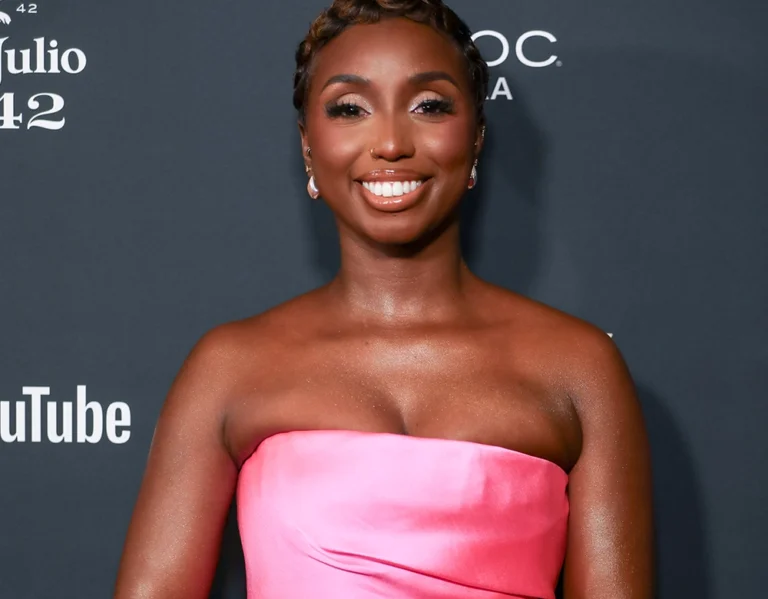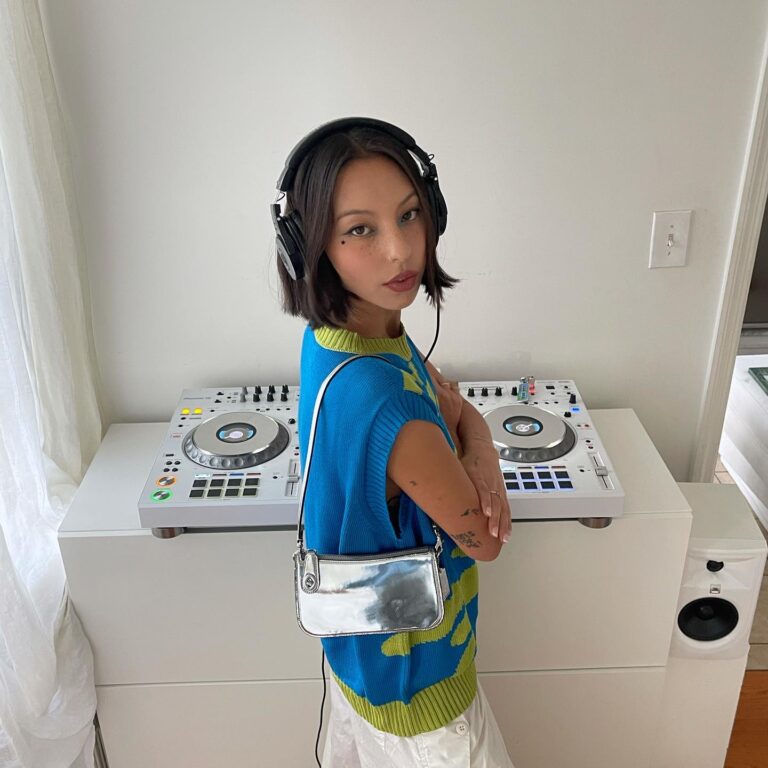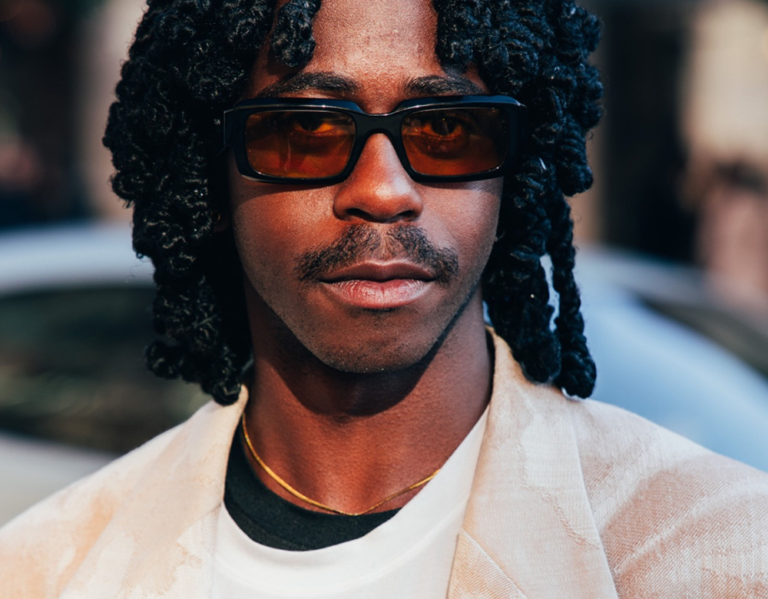Claire Burman, Executive Producer & Founder of CEBE Studio, London
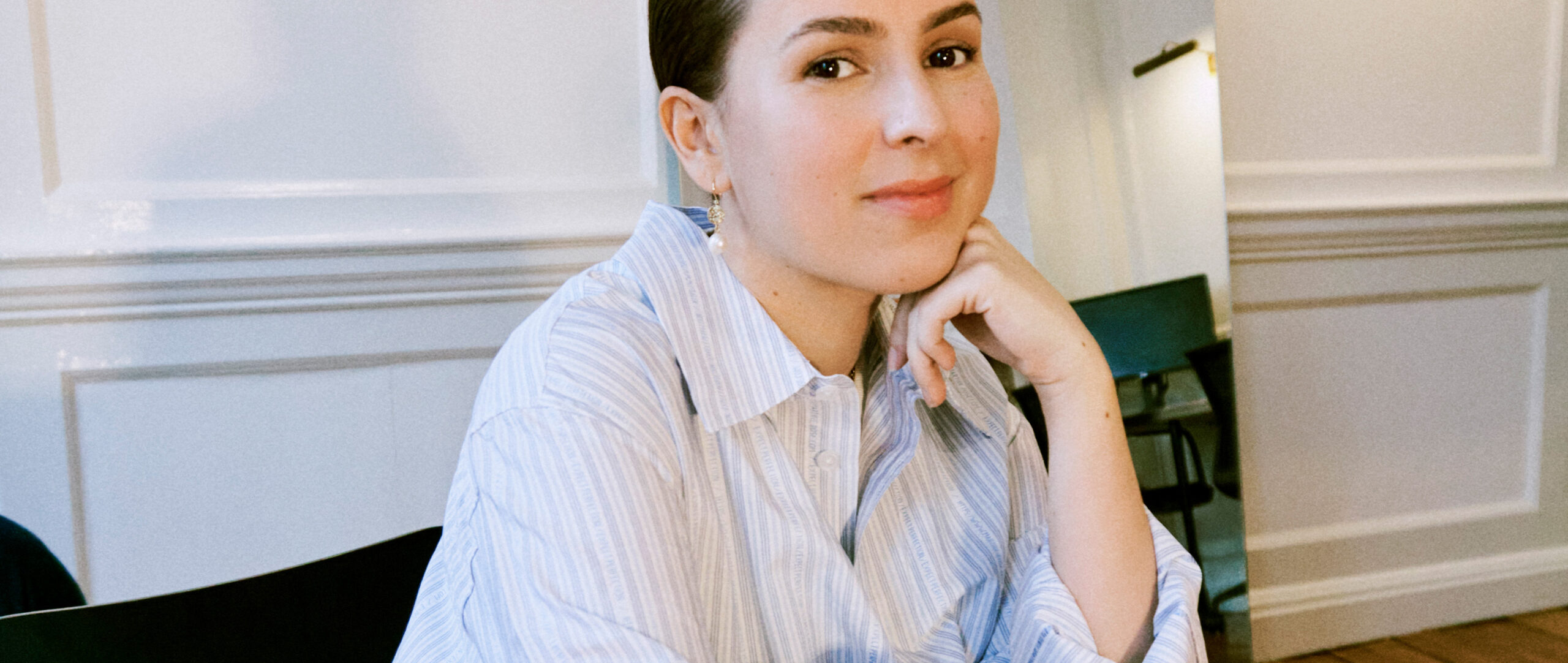
Hey Claire, do you want to introduce yourself?
I’m Claire and I’m the Executive Producer and founder of CEBE Studio, a production company based in London.
Can you explain a bit more about what your job title means?
CEBE Studio is a production company that predominantly works in the fashion sphere and specialises in shows, events, stills and moving image production. My role as executive producer is to be across all the projects that we’re working on. I will often EP [executive produce] all of the projects, and we have different line producers that will project lead. I spend a lot of my time managing team resources, budgets, new business and overseeing the team to make sure everything runs smoothly.
How did CEBE come about?
I set CEBE up around five years ago. My background had primarily been in events, producing and managing brand events and fashion shows. Covid was a real transitory moment for me because obviously everyone stopped going out or attending events! I spent the next year and a half mainly working on shoots (stills and moving images), so by the time that Covid had come to an end I had been able to really diversify my offering.
Was there an element of looking for balance between events and other production jobs?
I’ve always found them all quite similar. I’m actually a huge advocate for encouraging people to work across different areas of production, because I think that it makes you a more well rounded producer. A unicorn producer! I think now everything is becoming merged into one, so that at the same time that we’re producing a fashion show we’re also asked to produce the lookbook or campaign on the side of that. I always look at it as different pillars of production and I love moving between them.
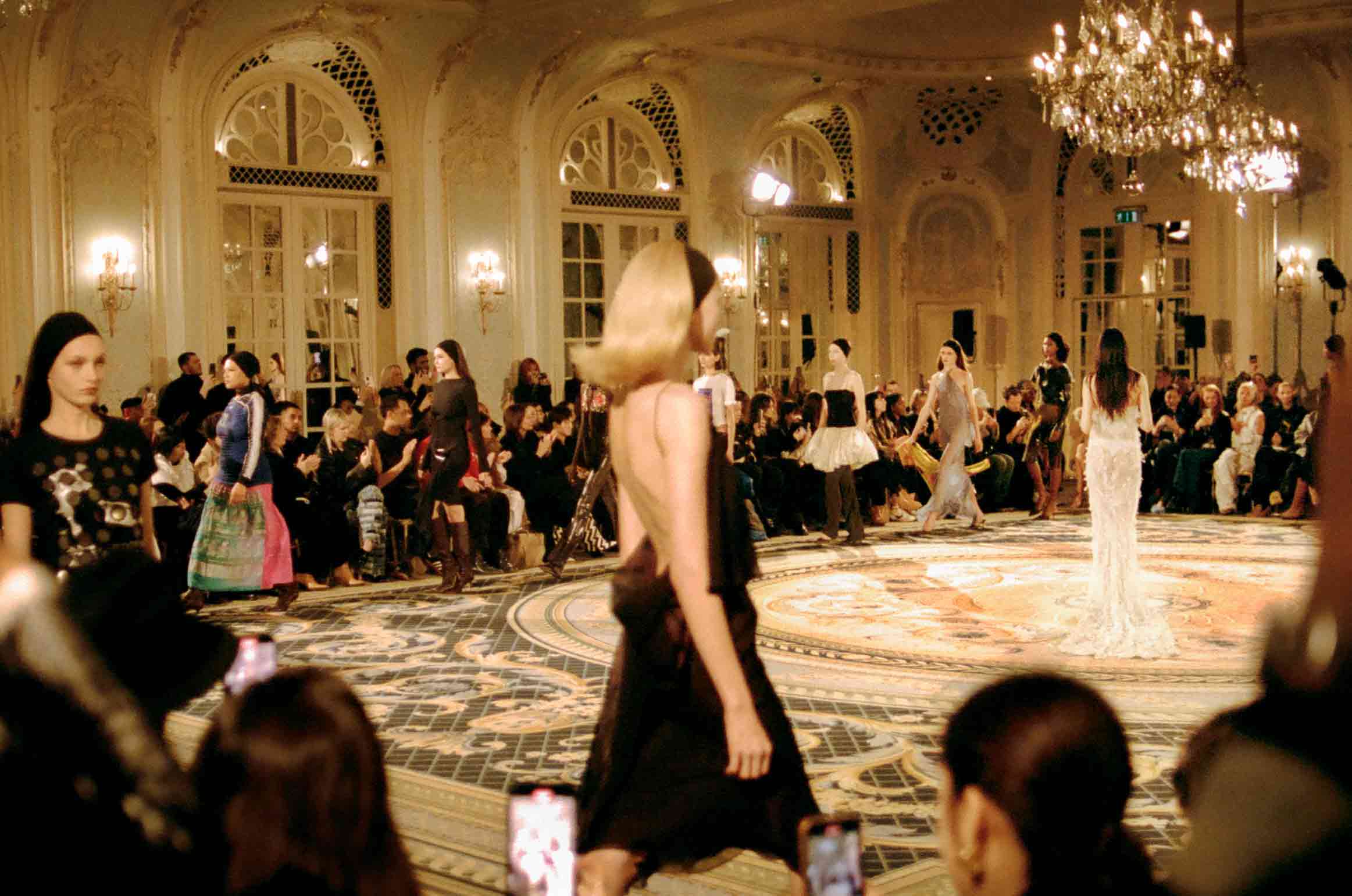
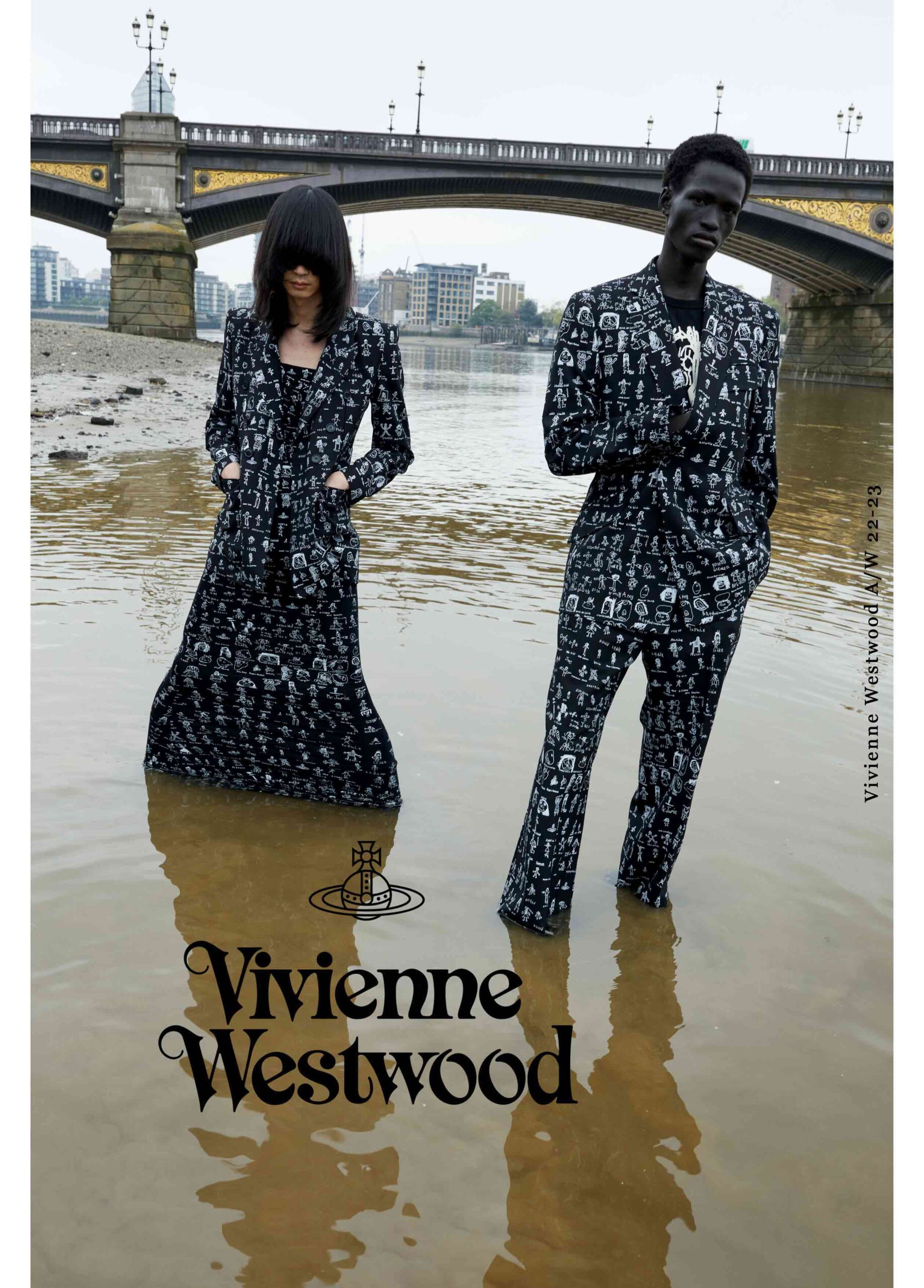
What has been your trajectory? How was school for you? Did you go to uni?
It’s funny, my upbringing is so different from my life now. I was born in Bristol and I moved to Clevedon, which is a small seaside town just outside of Bristol, when I was around seven. It’s one of those places that has practically nothing besides a few charity shops and supermarkets. I lived a very typical small town upbringing. I finished school when I was 18 and I was so desperate to move out of Clevedon – I always knew that that was never for me, so my way out was uni. I did Psychology, English and Law for my A-Levels, and I was good at Law. My mom is Moroccan, so she had the African parent thing of gently encouraging me to do something “stable”. I went to Sussex University to study Law and realised in the first few months that it was not for me.
Why didn’t you change courses?
I stuck it out and graduated! I had the best time being a student in Brighton. I remember that time very fondly. The course was interesting so I decided to continue, and I did learn a lot of transferable skills.
Then I graduated and I took a year out. I stayed in Brighton and worked in a restaurant for a year because I wasn’t sure what I wanted to do. I never knew what production was. I moved to London a year later. My first job was actually for a Law Journal and it was so dry, like making delegates badges for people, haha.
How did you move into fashion?
I moved to another company that was creating fashion pop-ups and then I applied for a job at the British Fashion Council as an Events Assistant. That was a real moment in kick starting my career as it stands now. I was so young, I think 22 or 23, and I had this job that just totally exposed me to the fashion industry. I met all of the designers, I met all of the PRs and teams and learned about so many venues in London. I gradually kind of worked my way up and worked across London Fashion Week, The Fashion Awards, Men’s Fashion Week and the Showrooms in Paris. It was such a good entry level job for me.
"It's important to do things that make you realise what you enjoy and what you don’t."
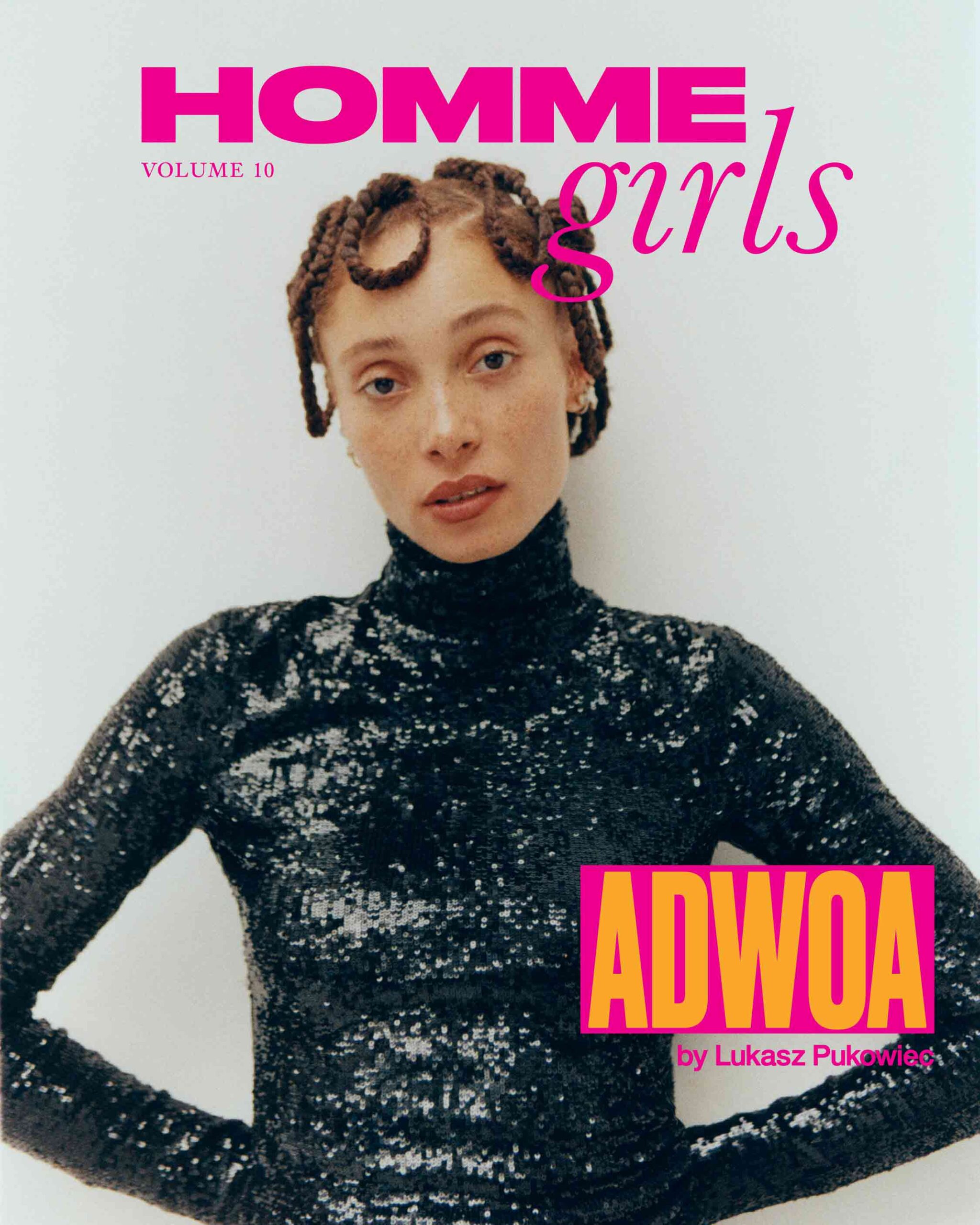
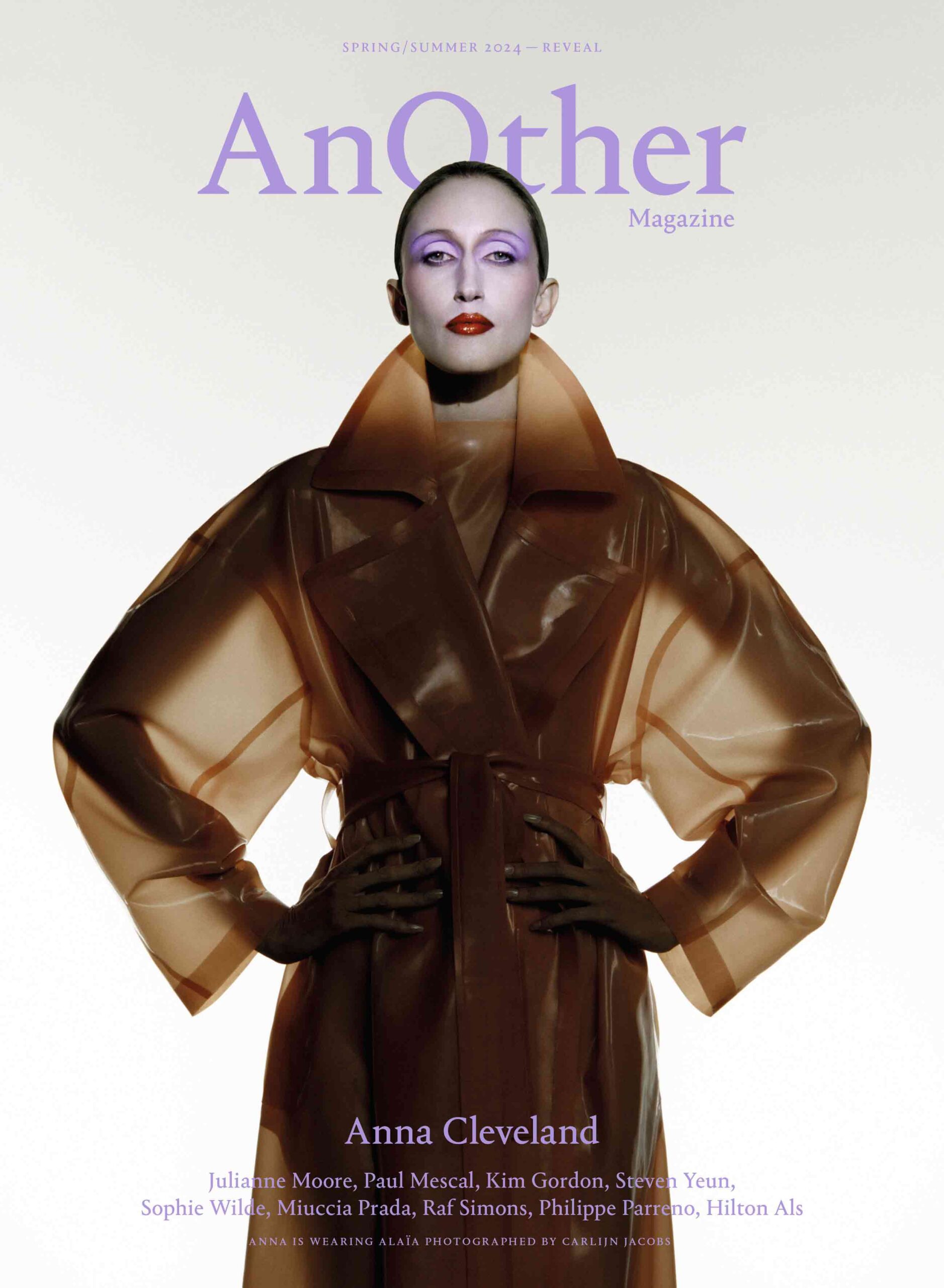
I found a similar thing when I moved to London and did Fashion Week. You get this incredible level of experience and you bond with people. You can’t Google these things.
You can’t. There’s people that I met there during that time that I’m still friends with now. You meet all the different styling teams, the casting teams, the production teams, the models. It really just breaks down the industry for you in a way, like, Okay, I understand this, what these people do, how these roles crossover. It also taught me office etiquette in a way that I didn’t know before – how to speak to people, how to email people, how to work with teams. It’s creative but you also need to learn the procedures.
What came next?
I left the BFC and went to Dazed, which I loved. I was there for a year as Events Manager. I feel like a lot of people in the industry go through Dazed and earn their stripes. Isabella Burley was the Editor-in-Chief during my time. Jefferson [Hack] trusted and believed in everyone and it was a really inspiring environment to be part of. There’s so much creativity that comes out of Dazed. At the BFC I was mainly doing shows or receptions or dinners. At Dazed we would produce bigger branded fashion events, parties, talks or workshops.
Then I had a small stint at Burberry, which I actually hated. I think that helped me realise that I can’t be in a super corporate environment. There are all these procedures and it was just so sterile. That said, I think it’s important to do things that make you realise what you enjoy and what you don’t.
And then I set up a business with a friend that I had been doing simultaneously since I’d started at the BFC called Babyface.
I wanted to touch on that, as I feel like Babyface was a female-centric company focused on empowerment before it was a really trendy thing.
Working with women and creating spaces for women has always been at the core of my work, from the very inception. I’ve carried on that ethos through all of the roles I’ve worked in, whether consciously or not. I feel most comfortable working with women and my network is comprised of so many incredible women. I have a full female team at CEBE. With Babyface, we spent five years solely focusing on that and uplifting women, supporting them, putting them forward for work and working on projects together. At that time the idea of a ‘female collective’ really didn’t exist in the mainstream fashion space.
And how do you operate? You’ve built out your company, so are there any specific rules or systems or ethos that you have?
Now I have way more infrastructure in place than I ever did. When I started CEBE it was just me. Then it was me and my assistant working from my kitchen, and then it was me and my assistant(s) in a small studio. I’ve always been very good at being slow and steady, someone that’s just gonna keep my head down and quietly do the work. That’s my personal way of doing it. You know, and now CEBE is a totally different business compared to when I started it. I have a team of around 6 people at most times and a lovely office in Brick Lane.
"Whenever I feel uncomfortable I always remind myself to lean into that feeling..."
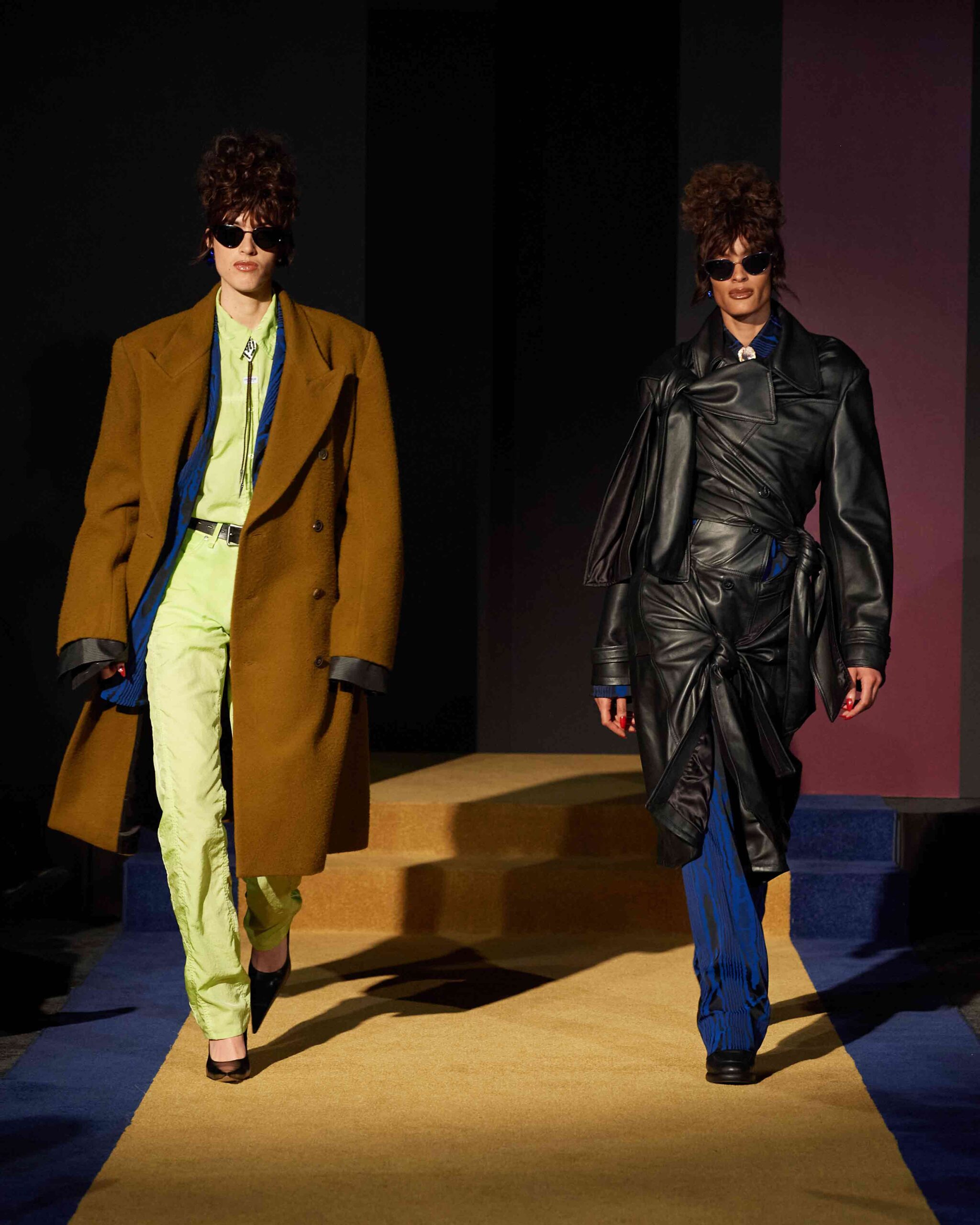
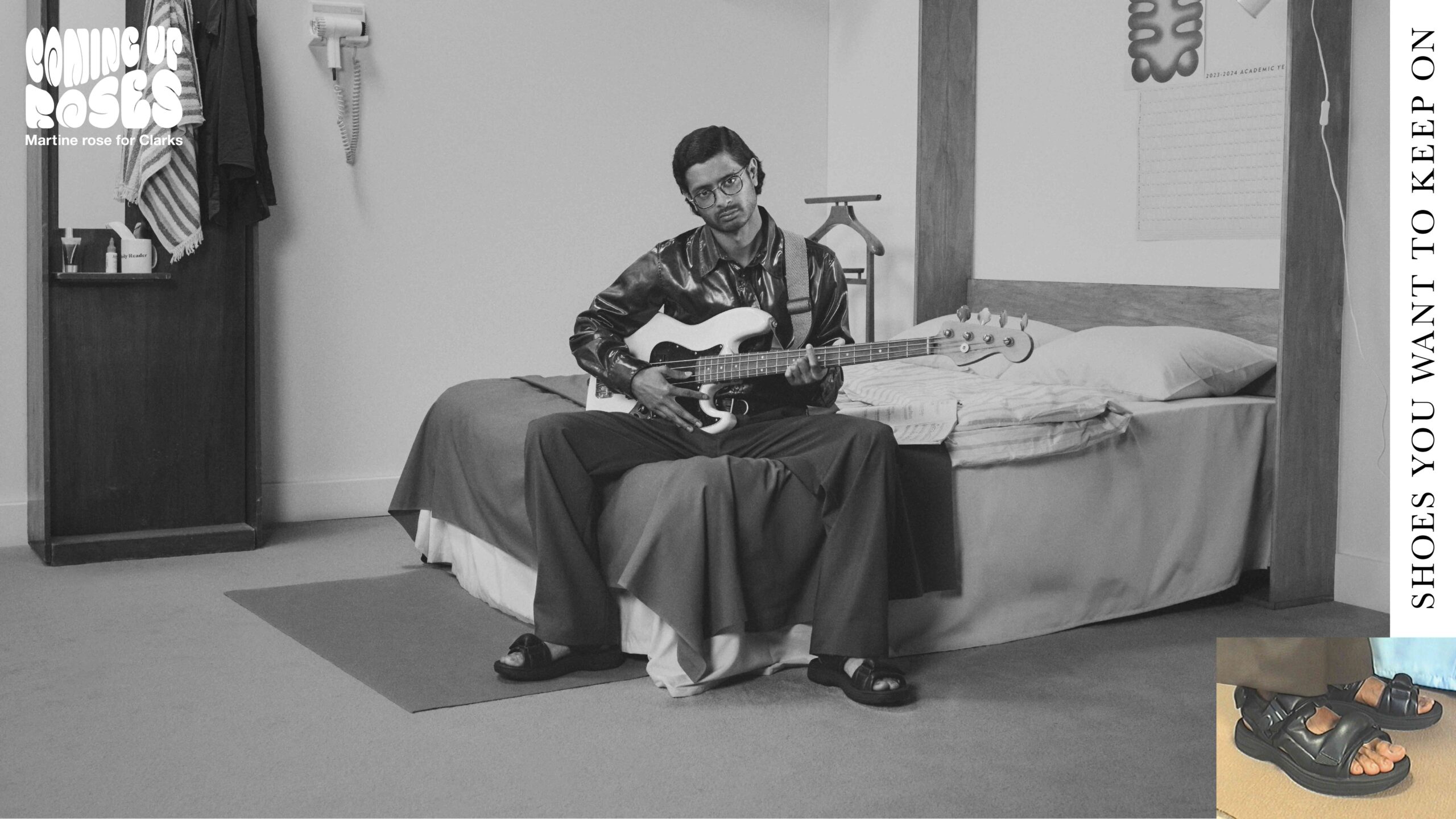
Are there any projects that really stand out to you from the last year or so? The CEBE portfolio is insane.
Martine Rose is so special to me and stands out for so many reasons. This time last year we did Martine’s show in Florence for Pitti Uomo. My baby was six months old and I’d just come back to work and it was new territory and a whole new environment for me, producing a show in Italy. Whenever I feel uncomfortable I always remind myself to lean into that feeling, because if you’re pushing yourself then you’re learning. I really felt that. Also I just love Martine and the team that we work with, because basically we’re all women, and 80% have children as well. It’s just such a loving and inspiring environment. So that show and the Martine Rose x Nike projects we’ve produced are all standout projects to work on.
What do you enjoy the most about what you do?
With production, you’re literally looking after people and helping them bring their ideas to life, and I love doing that. It’s a really rewarding feeling. It’s creative problem solving. I’m so lucky to get to work with some of the most creative people on the planet. I love being able to meet different photographers, directors, stylists, designers, art directors… whoever it is. I also feel very lucky to be able to work on my own time.
What are the most challenging things about what you do?
Budgets are the most challenging. Lots of the time it’s like, “How can we achieve x result with this budget?” Sometimes you have to go round and round and round until you can find a solution that works. Managing time can often be a little tricky. My diary changes all the time, especially now that I have a son.
Another challenging thing is looking after a team. The team has naturally got bigger and you become a parent for like six other people. We all grow together and have such an amazing bond and I’m constantly learning how to be the best boss I can!
"It's creative problem solving."
What qualities or personality traits do you think make someone flourish in your role and enjoy it?
You need to be an enjoyable person to be around, and be genuinely interested and excited about the creative and work that you’re doing. You cannot be flappy. You cannot be someone that is affected by stress. Production can be really stressful. You’re problem solving the entire time. By the time you get on set or a show or an event, most of the production has been done and you are there to problem solve and troubleshoot. You need to be able to remain calm and be able to communicate with people in a clear and concise way. You need to be organised and be able to simultaneously manage and work on several things at the same time.
What advice would you give your younger self?
I was recently looking back and saw all the emails I sent in my early 20s. I was so good at seeking things out, constantly researching different things I didn’t understand and looking into the things that interested me and inspired me. I would send so many emails! The worst someone is going to say is no, or not reply. That said, it also drives me crazy when people send me emails that are badly formatted or my name is spelt wrong or it’s super generic. Don’t send someone an email at midnight, don’t DM someone on Christmas. Be persistent and diligent but be savvy with it – and go for what you want!
LATEST THAT MAY INTEREST YOU


